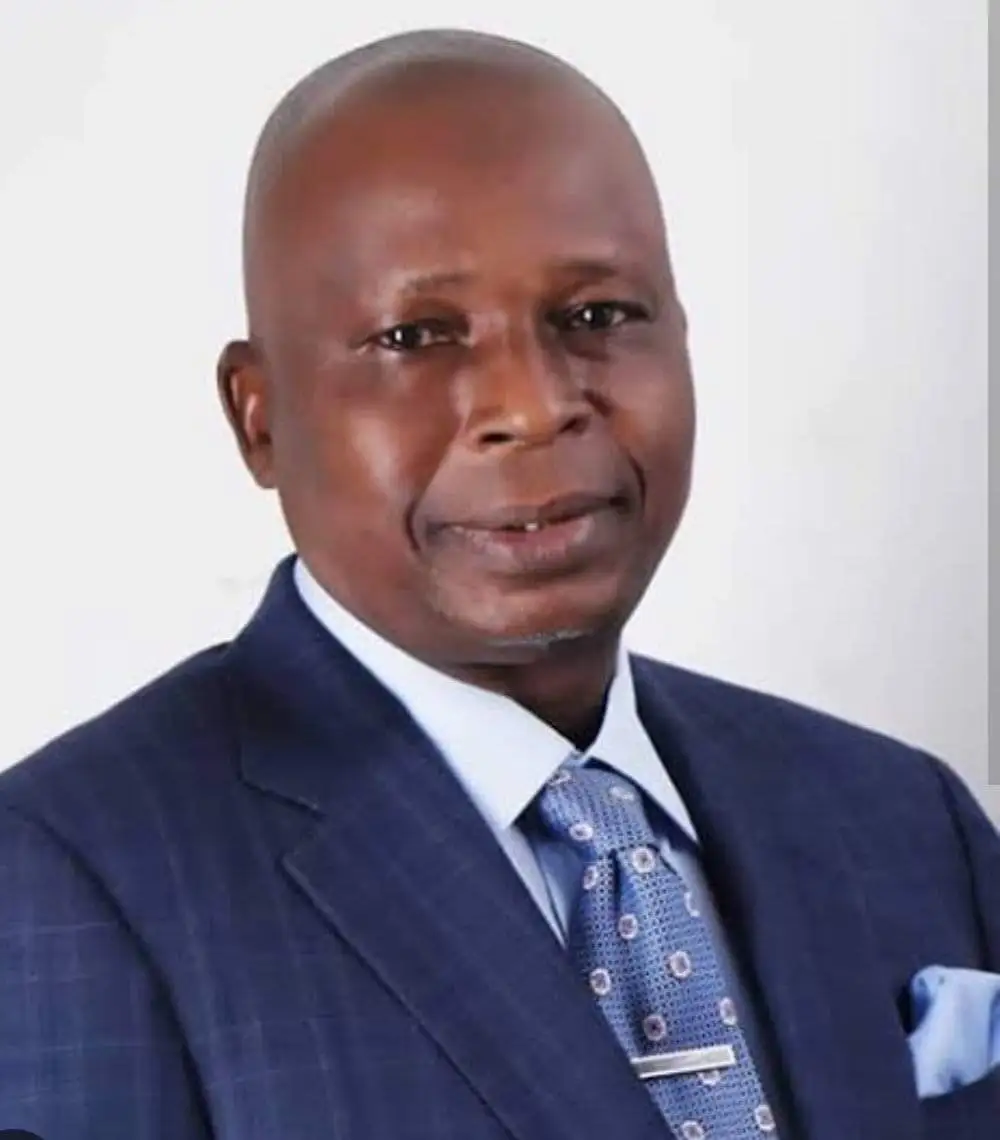The Attorney-General of the Federation and Minister of Justice, Chief Lateef Fagbemi, alongside the chairman of the Economic and Financial Crimes Commission (EFCC), Ola Olukoyede, have re echoed the need for protection of whistleblowers in Nigeria, saying it is essential to the success of anti-corruption efforts in the country.
They spoke during a Seminar to commemorate The African Anti-Corruption Day 2024.
It was organised by The Inter-Agency Task Team (IATT) in collaboration with The European Union, Rule of Law and Anti-Corruption (RoLAC) Programme, Centre for Democracy and Development (CDD), United Nations Office on Drugs and Crime (UNODC), funded by MacArthur Foundation.
At this year’s event themed “Effective Whistleblowers Protection Mechanism: A Critical Tool in the Fight against
Corruption”, a report on the Third Corruption Survey in Nigeria undertaken by the United Nations Office on Drugs and Crime (UNODC) in collaboration with the Nigeria Bureau of Statistics (NBS) was launched.
- Nigeria’s first Visually Impaired Prof, Diso, dies in Kano
- Autonomy: Sanwo-Olu doesn’t touch our money in Lagos – LG chairman
Part of the findings of the report showed that despite the growing concern on the impact of corruption on the nation, a significant 70 per cent of Nigerians refused to pay bribe when asked to by corrupt officials in 2023.
The Statistician-General of the Federation, Adeyemi Adeniran, maintained that despite challenges, there is a notable increase in the rate of bribery reporting, rising from 3.6 per cent in 2019 to 8.6 per cent in 2023.
He said the development reflected the growing awareness and willingness among Nigerians to confront corruption, and the positive impact of the efforts of anti-corruption agencies in raising awareness, including getting Nigerians to report any incidence.
“Of the total number of bribery cases reported, 65 per cent of the cases were reported to the Police, while 28 per cent were reported to Anti-corruption agencies. The results also revealed a significant increase in the level of actions taken as a consequence of reporting. Out of the total cases reported by citizens, in 45 per cent of the cases, a formal procedure was initiated against the officer, this is an increase from 16 per cent in 2019, showing a huge commitment to dealing with cases of infraction”, he added.
Adeniran said the purpose of the survey or any other statistical exercise undertaken by the Bureau, is never to castigate or point fingers at any individual or institution, but rather to present statistical evidence that can aid in taking the necessary steps to improve the quality of public service available to Nigerians while enhancing the trust in the relationship between the citizens and public offices.
The AGF on his part urged the National Assembly to quickly pass the Whistleblowing Protection Bill proposed in 2019.
According to him, effective whistleblowing mechanism can curb corruption in the areas of fraud, money laundering, terrorism financing, breach of international sanctions, inappropriate use of company resources, conflict of interest, insider trading, infractions to competition and antitrust laws, infringement of personal data protection laws, harassment or discrimination in the workplace.
Noting some of the challenges faced by whistleblowers are insufficient knowledge of law, fear of reprisal, lack of meaningful implementation of the law, he said it is mandatory for government to put in place an effective law to protect whistleblowers from risks.
While expressing disagreement on some aspect of the survey report, the minister said the “conclusion appears to be premised on a pre-conceived notion that public officials are corrupt, so the lesser the contact with public officials the lower the corruption index.”
“Surely this conclusion cannot be said to be an absolute truth. The conclusion takes away the professionalism of the Public Service and the impact of key Government reforms and initiatives of government like the Federal Civil Service Strategy and Implementation Plan 2021 –
2025, its enablers and core values”, Fagbemi added.
Olukoyede lamented that seven years after the launch of the whistleblowing policy, it has lost momentum and failed to sustain the impact that followed its launch.
He blamed the development to a combination of factors ranging from policy flaws to implementation hiccups, saying in the area of policy, stakeholders within the anti-corruption community have faulted the absence of a legal framework for the programme.
According to him, absence of a whistleblower protection law for instance, exposed whistleblowers to victimization and even threat of violent attacks.
He recalled instances where public officers who provided whistleblowing information on corrupt practices in their establishments were sacked or denied promotion by superiors.
The EFCC boss argued that reviving the lost momentum of the Whistleblowing policy calls for radical recalibration of the programme to address the identified ambiguities and other weaknesses, adding that the starting point is to emplace a legal framework for whistleblowing including a whistleblower protection law.
“I understand that a bill on whistleblower protection is before the National Assembly. It is my hope that this bill which accommodates measures that cover the gaps in the whistleblower policy will be given the desired attention and passed expeditiously. Whistleblower protection should be broadened to include protection for insiders in various organs of government who expose wrongdoings from within”, he added.

 Join Daily Trust WhatsApp Community For Quick Access To News and Happenings Around You.
Join Daily Trust WhatsApp Community For Quick Access To News and Happenings Around You.

